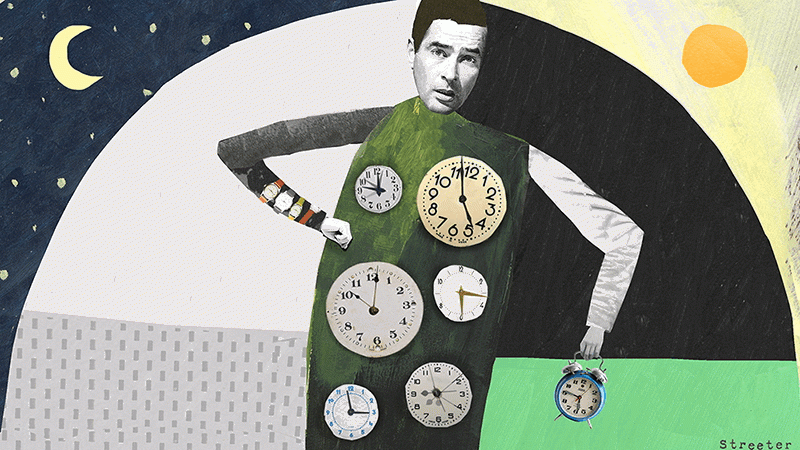“There’s a ton of evidence showing that conditions like depression, diabetes, heart disease and Alzheimer’s have a connection to your body clock,” says [professor] Rosemary Braun.
…
“So, what if we could detect a person’s physiological time?”
Braun is part of a research team at Northwestern that has taken a big first step in doing just that. In a study recently published in the Proceedings of the National Academy of Sciences, the scientists reported on the development of a blood test they say can detect what time it is in a person’s body.
Braun says the test, called TimeSignature, can come within an hour and a half of assessing a person’s biological time. One likely benefit is that it could help doctors gauge with more precision when medication—whether it’s a blood pressure pill or chemotherapy—would be most effective.
…
[A] body clock blood test could one day become a standard part of an annual checkup.Read full, original post: A New Blood Test Can Determine Your Biological Clock































